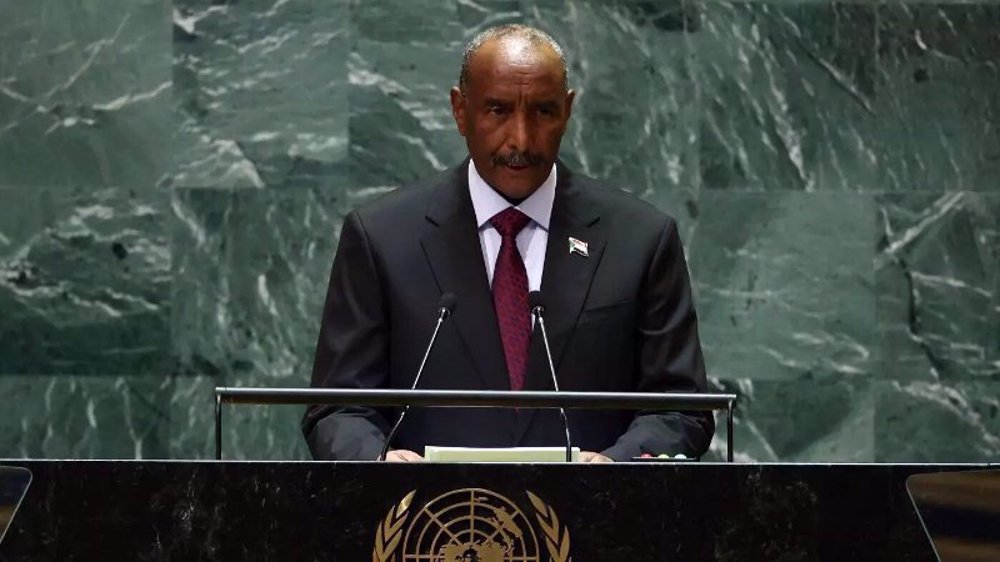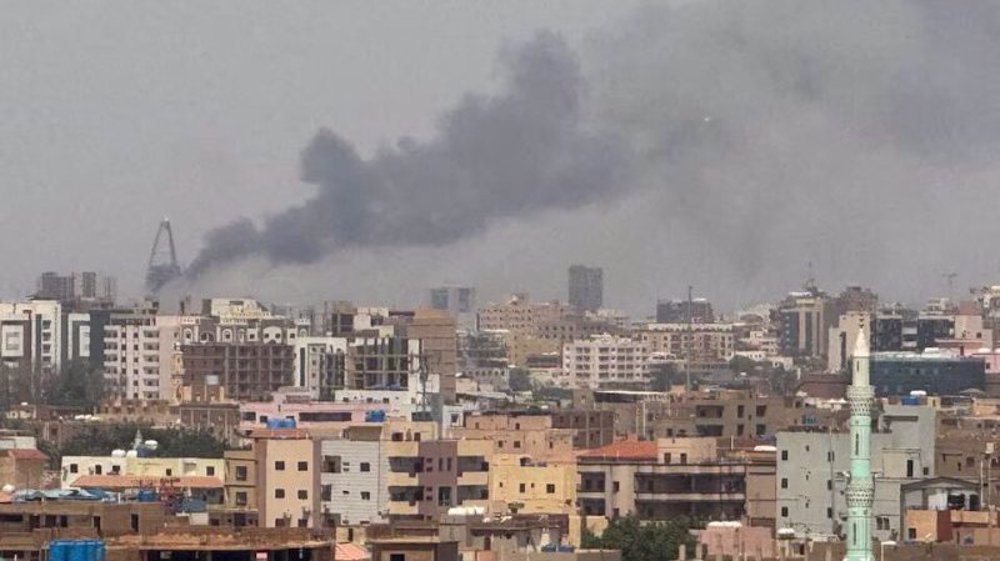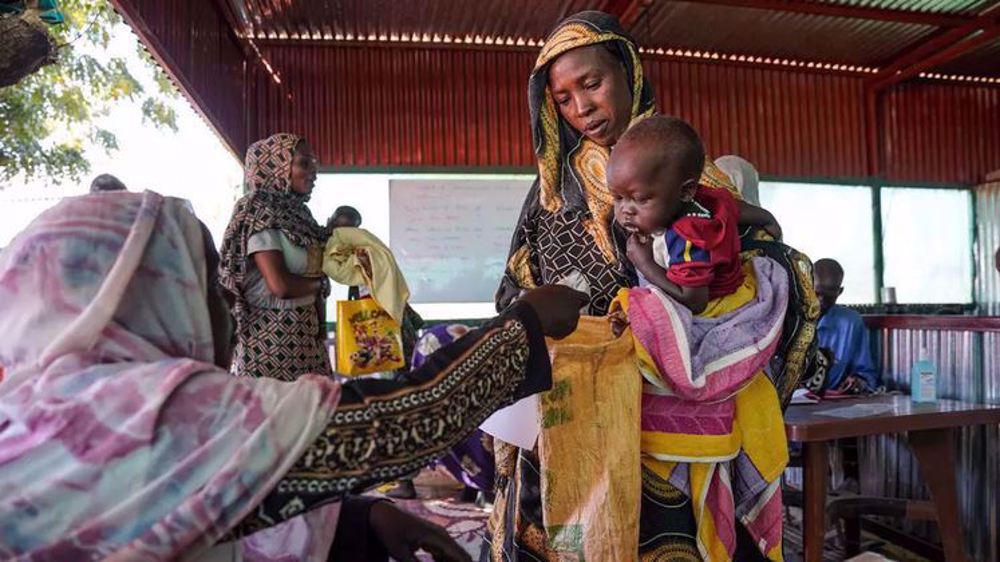Sudan army, opposition agree on joint civilian-military council: Sources
Sudan’s military rulers and protest leaders have agreed on the formation of a joint civilian-military council that would lead a transition from three decades of autocratic rule by Omar al-Bashir.
"We agreed on a joint council between the civilian and the military," one of the leaders of the protest campaign, Ahmed al-Rabia, told AFP on Saturday.
"We are now in consultation about what percentage of the council should be represented by civilians and how much by the military," he added.
The joint civilian-military council is meant to be a “sovereign ruling body” that will help establish a transitional civilian administration, according to sources close to the opposition alliance.
The agreement on the council’s formation is regarded as a major breakthrough in talks between the two sides since the current military leadership has so far refused to hand over power to a civilian administration.
Sudan's Transitional Military Council (TMC), a 10-member body which ousted and arrested Bashir after months-long protests on April 11, has declared that it will rule for up to two years ahead of general elections in the Northeast African country.
Opposition groups and protesters, in their thousands, have remained encamped outside the military headquarters in the capital Khartoum since the ouster, calling for the army rulers to step down.
"I'm happy with the outcome of the talks. Other protesters too will be happy," said protester Ahmed Najdi, who has regularly camped outside the army complex over the past weeks. "We are still waiting for the final composition of the joint council."
Protest leaders have vowed to continue organizing sit-ins and other rallies as part of a widening campaign to confront the junta and push for the transfer of power to a civilian rule.
The protests in Sudan broke out on December 19, 2018, in the face of a government decision to triple the price of bread. They quickly turned into a mass movement against the ruling regime, and finally led to Bashir’s fall.
Bashir, who ruled over Sudan for 30 years, had taken power in a coup in 1989.
The 75-year-old was overthrown after 16 weeks of protests and is being held along with other former officials at Khartoum's Kobar prison.
Bashir is wanted by the International Criminal Court (ICC) over his alleged role in genocide in the Darfur region. He denies having had a role.
Sudan's top opposition leader Sadiq al-Mahdi has called for the country to "immediately" join the Hague-based court which has indicted Bashir.
Latest ballots polls show Harris, Trump tied as voting continues
UNRWA warns of humanitarian collapse in Gaza
'Hello my enemies': Lebanese journalist on Israeli threats and his resolve to continue
Outrage in France as MP proposes bill to ban criticism of Israel
VIDEO | The strategy of Hezbollah in war
Israeli military withdraws several brigades from southern Lebanon: Report
48-year-old Palestinian man serving 48 life terms completes 22 years in Israeli jails
From MKO to Tondar, how Germany became safe haven for anti-Iran terror groups


















 This makes it easy to access the Press TV website
This makes it easy to access the Press TV website